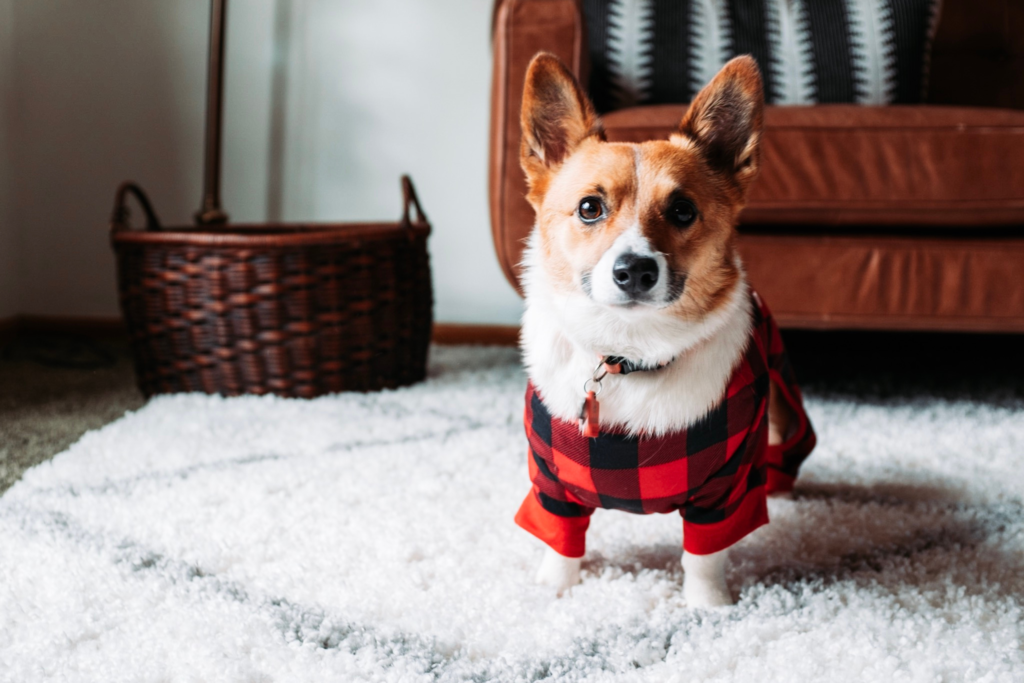The season of chills, carols and the colour red is already here, bathing us in all its charm. With every wave of change in temperature and surroundings comes a change of lifestyle that we all switch ourselves into. Every weather occurs with its own do’s and don’ts lists that we adhere to keep fit. We are often advised to keep ourselves warm and safe during winter. Always shield ourselves and be cautious of the changing wind so as not to catch any illness or disease. The same is true for our pets. Pets are prone to winter illness just as much as we are. Although seasonal flu is a usual bug that you may encounter, some other more severe diseases are common during winter among pets.
Hypothermia
A sudden and alarming drop in temperature in your pet’s body after being exposed to cold for a long time can cause hypothermia. Shivering, lethargy, and cold skin are all direct symptoms of the disease. Untreated hypothermia can prove to be dangerously sickening to your pal’s health. Cover your pet with extra woollens if you observe any erratic temperature drop.
To avoid developing this winter illness, don’t leave your pets out for long periods during cold months. Cut short on outdoor walks and cover up those paws. Sweaters and jackets can always be used to provide some much-needed warmth.
Kennel Cough
Canine infectious tracheobronchitis, known as kennel cough, is another common winter illness among dogs. Low temperature and stress can cause it, along with bacteria or viruses that carry the disease. Cough, sneezing, watery eyes or discharge from eyes indicate kennel cough. It can be prevented by quarantining the infected pet and vaccinating them with proper consultation from the vet. Humidifier and steam treatments are often recommended but do not experiment with any treatment before the vet’s advice.
Arthritis
Inflammatory pain in joints chronically is called Arthritis, which is induced by erosion of cartilage when bones start to run against each other, causing discomfort for your pet. An unhealthy weight and poor diet can cause it and can be prevented by introducing a therapeutic and balanced diet. If your pet shows signs of limping or slowing down and requires excess grooming, it’s wise to visit your vet.
Sniffles
Sniffles are one of the most common winter illnesses among pets during winter, caused by an infection in the upper respiratory tract. Fatigue, runny nose, cold and cough are some of the clinical symptoms of sniffles. Give your darling enough water and cover them with soft and cosy woollens. Warm soup or any warm food always proves to be kryptonite but don’t forget to visit the vet.
Frostbite
Another winter illness born from prolonged exposure to cold is frostbite which causes tissue damage. In this, crystals are formed in the tissues of the pet’s body. Lethargy, shivering, and drowsiness can be the signs of frostbite. Applying warm water to the affected area helps in melting the crystal. As in hypothermia, avoid long duration of outside exposure. Wacosyinenessentialthes to keep them cosy is essential. Consult an online veterinarian if you see signs of frostbite.
Flu and pneumonia are also common among pets. The symptoms of which are pretty much similar to the ones above, including fever, cough, loss of appetite and, should be immediately treated. The list above is not to panic you but to prepare your pet for the season. Prevention can save you a truckload of time and resources. Always keep your baby healthy and bright, whether sunny or white. Don’t forget to keep an eye out for JaldeeVets Blogs. Happy holidays folks!

